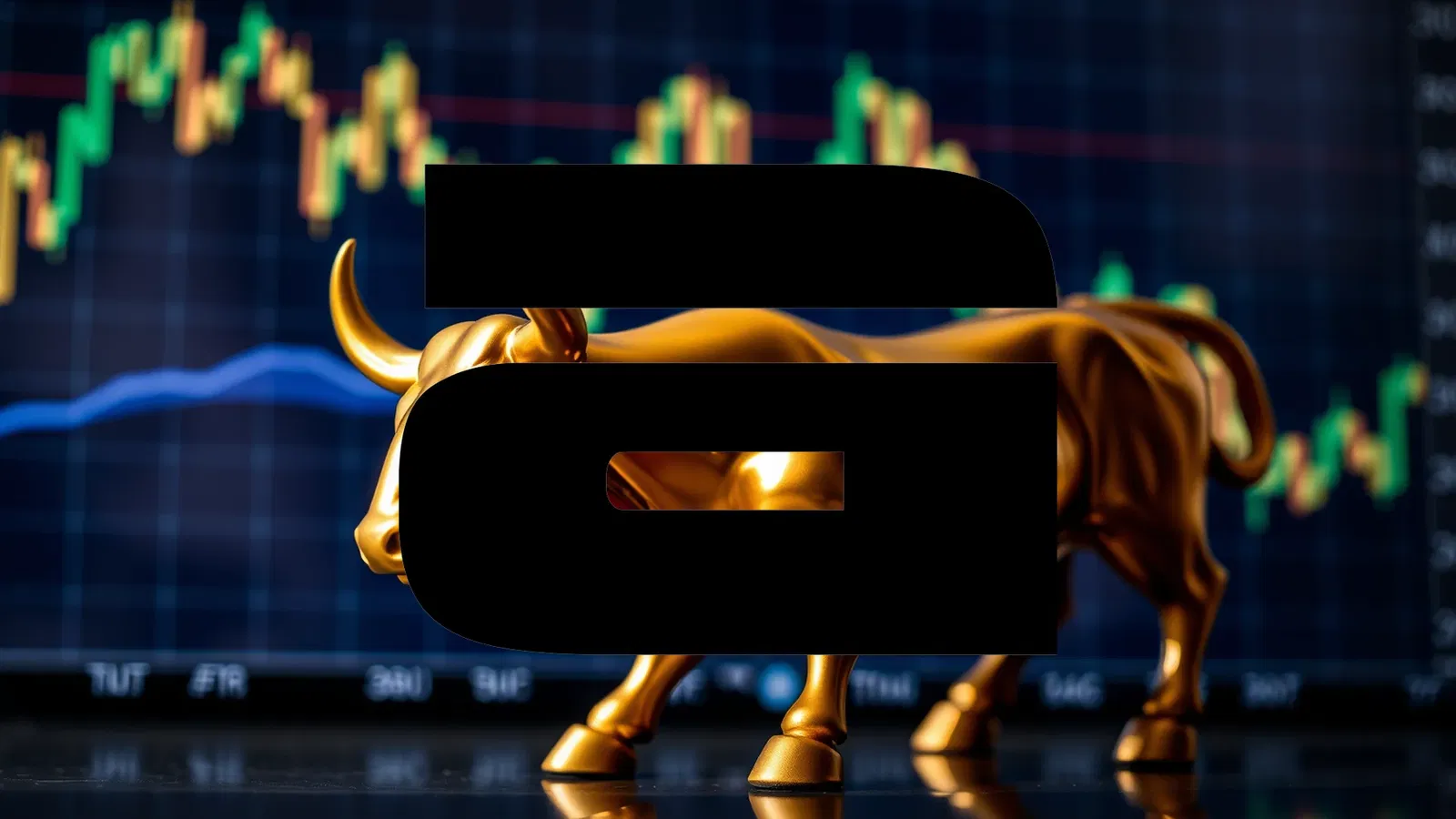Robinhood Markets Inc. faced a severe market downturn at Friday’s close, delivering a stark contrast to its impressive 300% year-to-date gains. The trading platform’s stock experienced a dramatic decline following a dual blow of potential tariff impacts and fresh legal challenges from Massachusetts regulators, leaving investors questioning whether the fintech pioneer can weather this storm.
Legal Challenge Targets Emerging Product Line
Massachusetts regulatory authorities have launched legal action against Robinhood, alleging the company offers unlicensed sports betting through its “Event Contracts” product. These contracts, operated through a partnership with prediction market platform KalshiEX, now form the centerpiece of a significant legal confrontation. Regulators accused the company of attempting to circumvent state enforcement measures—a serious allegation that threatens Robinhood’s expansion into this growing business segment.
The timing of this legal challenge coincides with Robinhood’s broader push into innovative financial products. While CEO Vlad Tenev champions tokenization as an unstoppable force transforming finance, the company increasingly finds itself navigating uncertain regulatory waters. This tension between innovation and regulation becomes particularly evident as Robinhood expands its offerings to include AI tools, tokenized assets, and prediction markets.
Market-Wide Pressures Compound Problems
Even before the legal developments emerged, Robinhood shares faced downward pressure from broader market concerns. Reports of potential “massive” new tariffs on Chinese goods triggered a tech sector sell-off, dragging the Nasdaq index lower and pulling growth-sensitive stocks like Robinhood down with it. This created a perfect storm where company-specific regulatory concerns converged with sector-wide anxieties.
Should investors sell immediately? Or is it worth buying Robinhood?
The regulatory landscape presents particular challenges for Robinhood’s expansion strategy. While the platform already offers tokenized stocks to European customers, state-level authorities in the U.S. appear determined to restrict similar innovations domestically. This regulatory friction threatens to stifle emerging business lines before they gain significant traction.
Institutional Investor Exits Position
Adding to the company’s challenges, investment firm Kessler Investment Group completely divested its Robinhood position during the third quarter. The move involved selling 122,349 shares valued at approximately $11.5 million, representing a total exit from the investment. While not directly related to Friday’s developments, this institutional departure underscores growing caution among some professional investors.
Critical Milestones Ahead for Robinhood
Market participants now face two crucial dates that could determine Robinhood’s near-term trajectory. The immediate focus remains on the Massachusetts legal proceedings and how Robinhood chooses to respond to the allegations. More significantly, November 5th will bring the company’s third-quarter 2025 earnings report, which will provide critical insight into whether Robinhood’s growth momentum persists despite increasing regulatory headwinds.
Despite the recent share price decline, the majority of analysts maintain their “buy” recommendations on Robinhood stock. The upcoming earnings release will reveal whether the company’s fundamental performance justifies this continued optimism or if regulatory pressures have begun impacting business operations.
Ad
Robinhood Stock: Buy or Sell?! New Robinhood Analysis from February 8 delivers the answer:
The latest Robinhood figures speak for themselves: Urgent action needed for Robinhood investors. Is it worth buying or should you sell? Find out what to do now in the current free analysis from February 8.
Robinhood: Buy or sell? Read more here...










